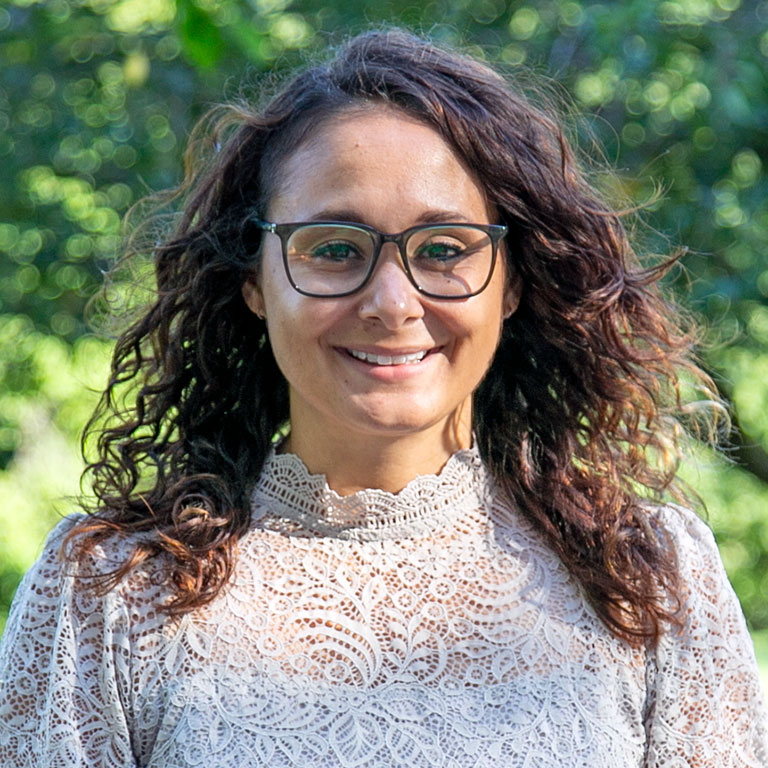Maryellen McClain has received the American Psychology Association Division 16’s Contributions to Mentorship Award.
McClain, an associate professor of school psychology, said mentorship is extremely important to her, and being recognized on the national level for something she cares so deeply about was particularly special.
McClain primarily mentors graduate students in research as well as in clinical training. In research, her mentoring is centered around ensuring students develop robust research skills that will set them up for professional success, but also encouraging them to explore their own research passions and find their own voice in conducting research to advance the fields of school psychology as well as autism and neurodevelopmental differences.
McClain runs the Autism & Neurodiversity Lab and directs the Learning and Developmental Evaluation Clinic (LDEC), which serves the community, but is also a training clinic for advanced graduate students in health service psychology programs (school, counseling, clinical) who are pursuing training in psychological and neurodevelopmental assessment.


